Search
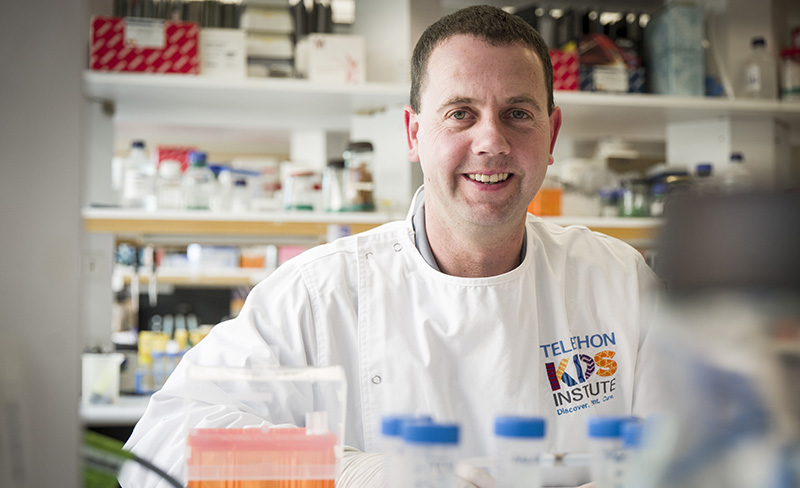
News & Events
Researchers identify immune cell that puts cancer to sleepA team of Australian scientists including cancer researchers from The Kids Research Institute Australia have made a crucial breakthrough in understanding how the immune system puts cancer to sleep.
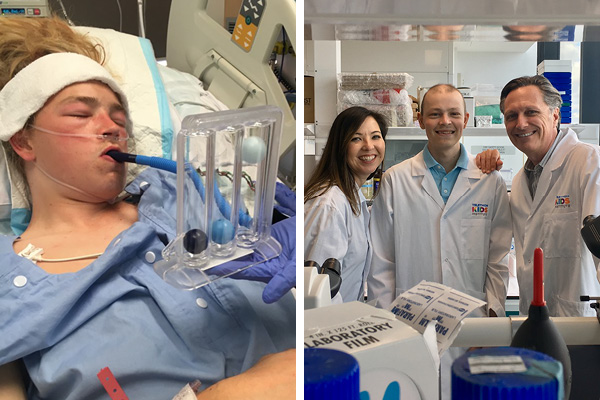
News & Events
Meet Baxter HutchinsonBaxter Hutchinson was diagnosed with two life-threatening brain tumours a year ago, aged 17. Since then he has undergone surgery, radiotherapy and chemotherapy in his journey to beat the cancer.
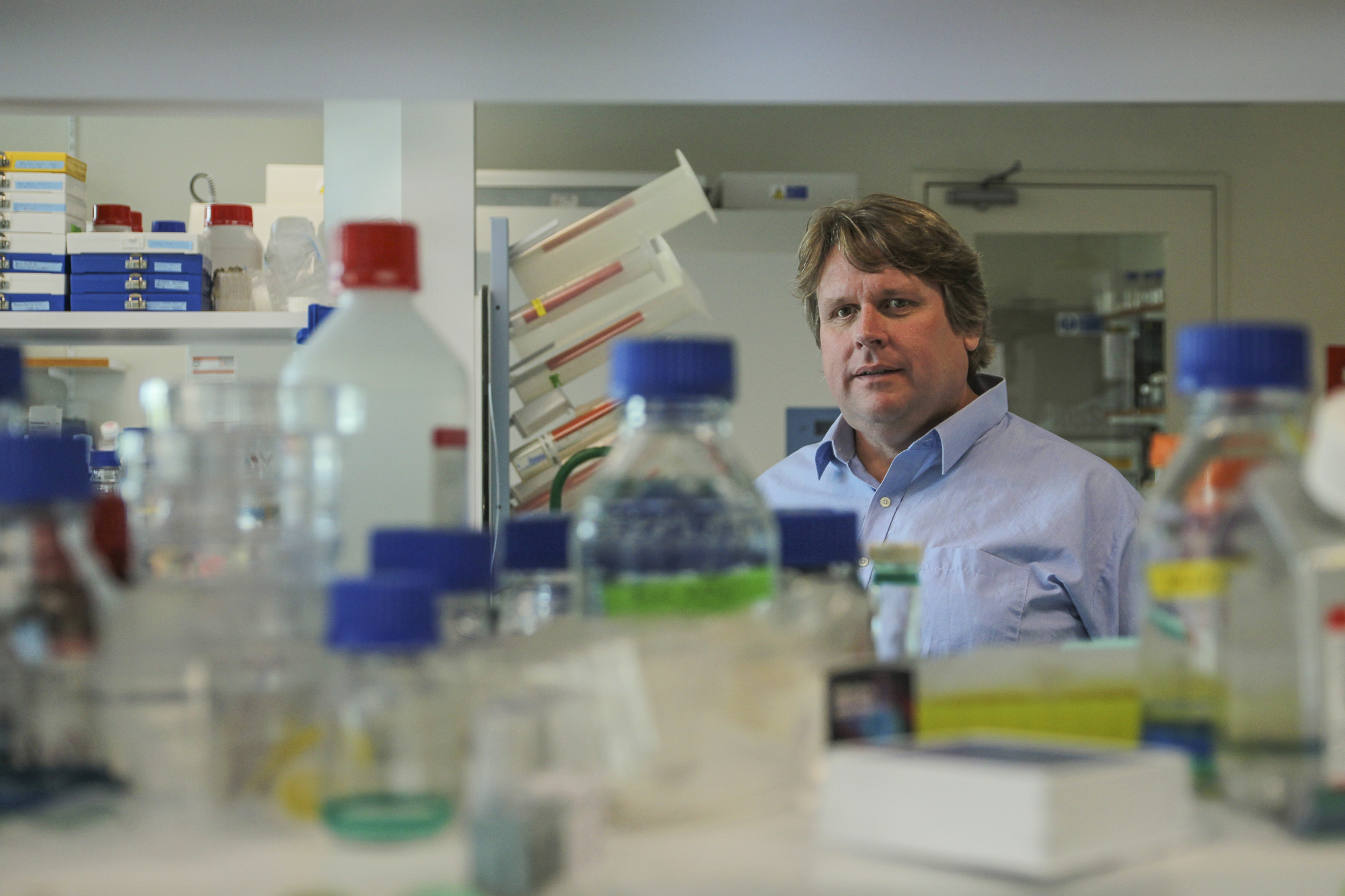
News & Events
The Kids researchers seek cure for devastating gliomaThe Kids Research Institute Australia’s cancer researchers will use funds raised in the name of a brave three-year-old girl to launch a new assault on the devastating form of childhood cancer which took her life.
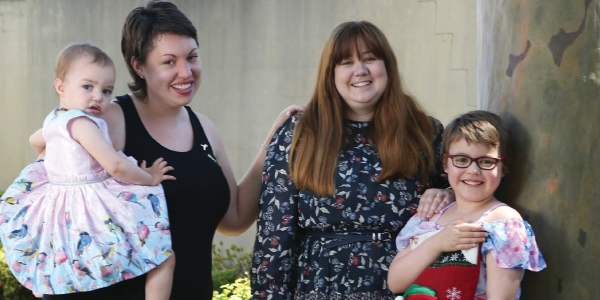
News & Events
Amazing Aroha brings comfort to other sick kidsEmma White, a registered nurse, suspected for several months that something was wrong with her 7-year-old daughter Aroha, but couldn't get answers despite visiting numerous GPs.
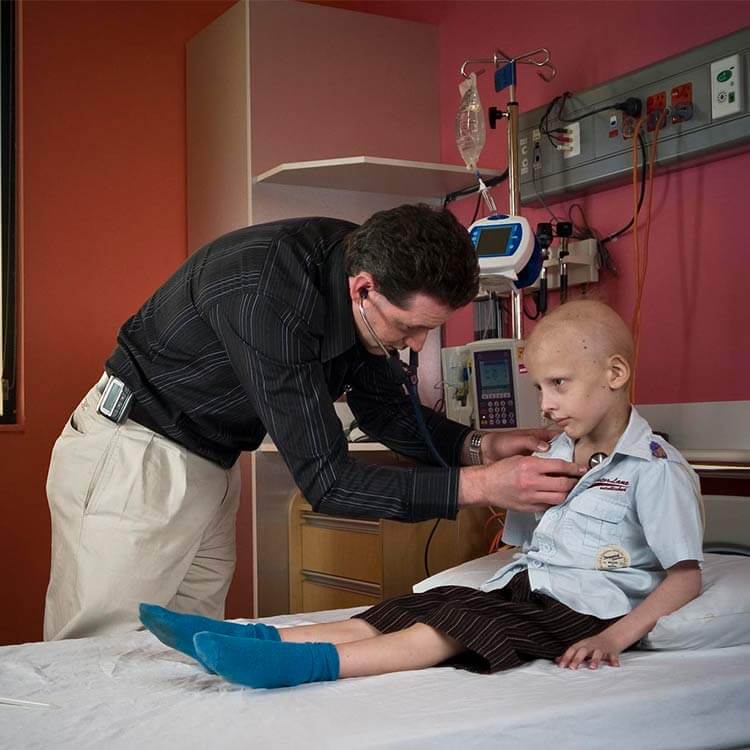
News & Events
New childhood brain tumour drugs to be testedIt is the kids he treats in his role as a paediatric oncologist that motivate Dr Nick Gottardo in his work as a The Kids Research Institute Australia cancer researcher.
News & Events
Dad’s Dream Inspires Global Cancer FightThe Global Symposium on Childhood Brain Tumours is bringing the world's premier childhood brain tumour researchers and scientists together in Perth.
News & Events
Research sheds new light on childhood Leukaemia treatmentA The Kids study examining drug resistance in leukaemia patients has shed new light on why some treatments may be more effective than others.
News & Events
Global Assault on Childhood Brain Tumours Gains MomentumA report outlining key steps to tackle a common and aggressive childhood brain tumor is gaining rapid momentum after attracting international attention.
News & Events
Ethan's brain cancer battle inspires researchA new research scholarship to combat childhood brain tumours will be launched tonight in honour of two year old Perth toddler Ethan Davies.
News & Events
Researchers find genetic clue to cancer relapseCancer researchers at The Kids for Child Health Research have developed a new test that can rapidly detect the loss of genes in cancer cells.
